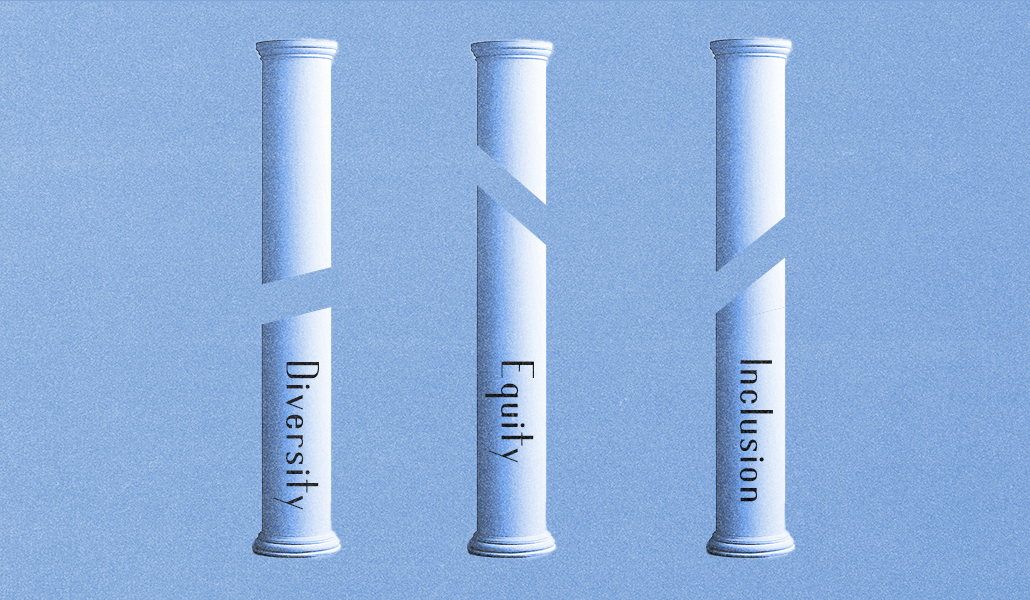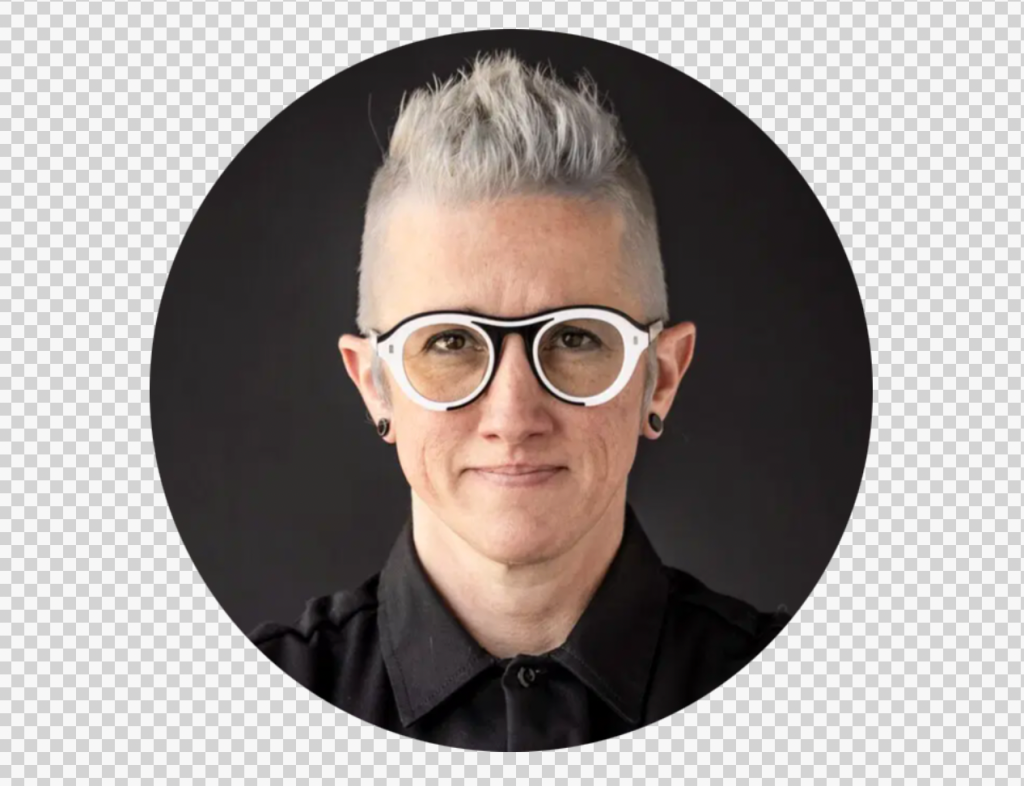Most of the workforce still wants DEI despite corporations and government souring on it

As political pushback over DEI intensifies and corporations continue to roll back long-held diversity aims, the workforce continues to advocate strongly for diversity programs.
A survey of 1,000 workers by career site MyPerfectResume reveals that 84% want their companies to actually expand their DEI efforts, with just 5% believing they should be scaled back. This, as 7 in 10 employees think political rhetoric has influenced their company’s approach to diversity.
“The data is clear: employees value DEI programs and recognize their importance in fostering inclusive workplaces,” said Jasmine Escalera, career expert at MyPerfectResume. “Despite political pressures and corporate hesitations, these initiatives aren’t just ‘nice to have’ — they are essential to employee morale, retention and business success.”
What happens when companies do pull back is nothing much good, as most employees see it.
Nearly two-thirds of those surveyed predict that reducing DEI will trigger higher turnover and damage workplace morale, while 9 in 10 expect there to be a negative impact on company culture. About 7 in 10 worry about a domino effect as major corporations continue to retreat from DEI — a concerning prospect when virtually all those surveyed (95%) say DEI initiatives have positively impacted their own work experiences.
Employees have a clear idea about what specifically they’d like to see regarding DEI initiatives moving forward. For one, they want stronger employee resource groups (ERGs) and better communication about their employers’ diversity goals. They’d also like to see regular pay equity reviews, more diverse hiring practices and leadership being held accountable for progress.
The MyPerfectResume survey runs counter to a Pew Research Center report in November which found that U.S. workers’ opinions of DEI had become more negative over the past year.
Rebecca Perrault, vp of global culture, diversity and sustainability at Magnit, a contingent workforce firm, is among those who remain hopeful about the long-term prospects for DEI, noting that the companies that have made it “part of their DNA won’t walk away, not really. They may adapt the language, but the heart of the work remains.”
To her point, companies like Google, which made headlines for dumping its DEI program in the wake of President Trump’s inauguration, have stressed that they remain committed to fostering a diverse workforce nonetheless.
In other words, DEI isn’t going away — it’s merely being rebranded.
Perrault advises companies to get specific about the details. “Don’t just say it’s DEI — say what it is. Is it flexible work options? Is it captioning every meeting? Is it rethinking job requirements to reduce bias in hiring?” she said. “Be specific. Be bold.” She also challenges HR leaders to look beyond traditional metrics and to measure employee perceptions: “How do women feel? How do black, brown and indigenous employees feel? Are they seeing and feeling the impact of your efforts?”
Amanda Ralston, founder and CEO of consulting firm NonBinary Solutions, believes companies’ DEI commitments should not waver due to shifting political rhetoric or budget constraints — rather, they should continue to be an integral part of how they hire, lead and collaborate.
“The real risk isn’t just losing employee trust,” as she sees it, “it’s losing the innovation and competitive edge that come with diverse, inclusive teams.”


